Home>Garden Essentials>How Chia Seeds Help Weight Loss
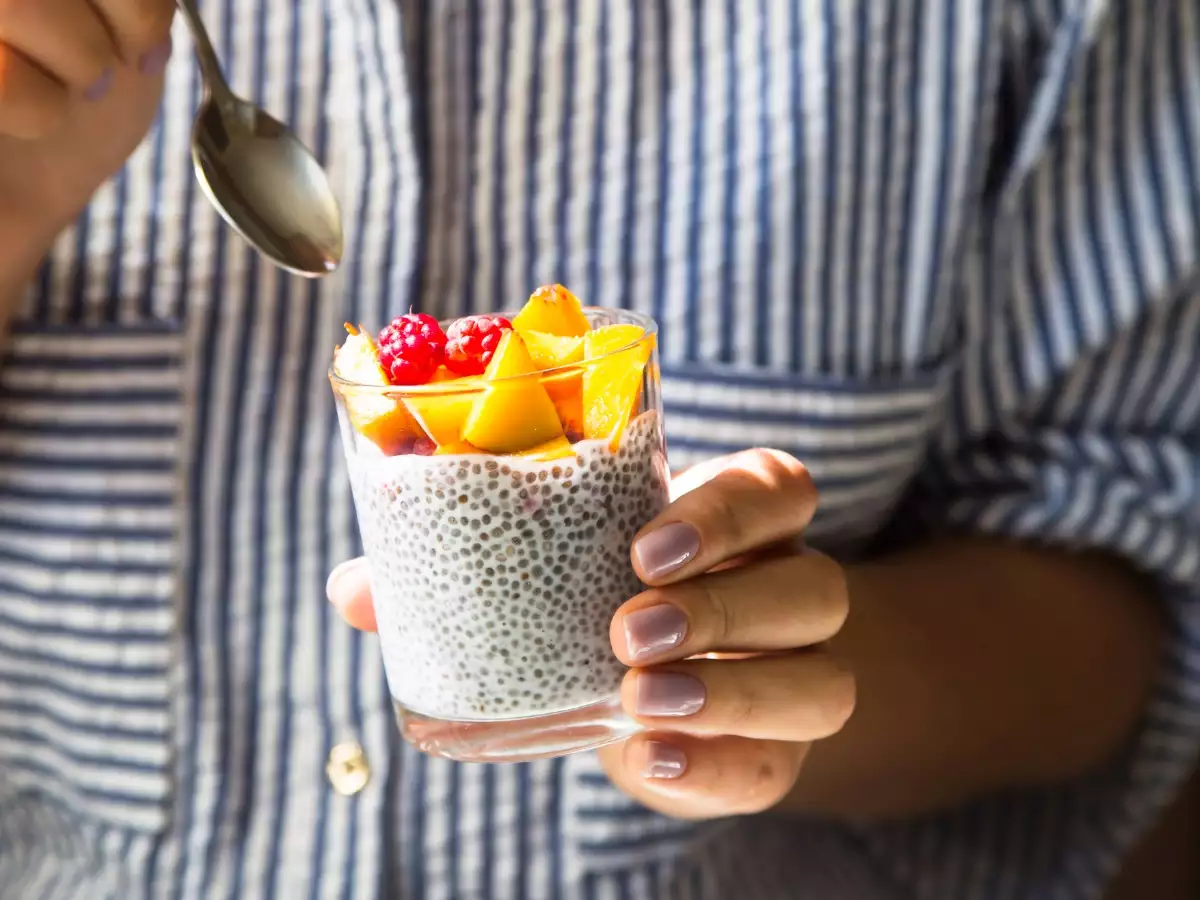

Garden Essentials
How Chia Seeds Help Weight Loss
Modified: October 18, 2024
Discover the incredible weight loss benefits of garden-grown chia seeds. Boost your metabolism and shed those extra pounds naturally with this nutrient-rich superfood.
(Many of the links in this article redirect to a specific reviewed product. Your purchase of these products through affiliate links helps to generate commission for Storables.com, at no extra cost. Learn more)
Introduction
Chia seeds have gained popularity in recent years, not only for their nutritional value but also for their potential role in weight loss. These tiny black or white seeds may be small in size, but they pack a powerful punch when it comes to health benefits.
In this article, we delve into the world of chia seeds and explore how they can aid in weight loss. From their nutritional profile to their effects on appetite control and digestion, we’ll uncover the reasons why chia seeds have become a staple in many weight-conscious individuals’ diets.
So, if you’re looking for a natural and effective way to shed those extra pounds, keep reading to discover how incorporating chia seeds into your diet can help you on your weight loss journey.
Key Takeaways:
- Chia seeds can aid weight loss by promoting feelings of fullness, reducing cravings, and supporting healthy digestion. They are a versatile and nutritious addition to a balanced diet.
- Incorporating chia seeds into meals and snacks can help control appetite, increase satisfaction, and enhance overall well-being. Enjoy them as part of a holistic approach to health and wellness.
What are Chia Seeds?
Chia seeds come from the plant Salvia hispanica, which is native to Mexico and Guatemala. These tiny seeds were once a staple food in ancient Mayan and Aztec cultures, where they were prized for their nutritional properties and were even used as currency.
Chia seeds are rich in nutrients and are considered a superfood due to their high content of omega-3 fatty acids, fiber, protein, and various vitamins and minerals. They are also a great source of antioxidants, which help protect the body against free radicals and oxidative stress.
These tiny seeds have a mild, nutty flavor and a slightly crunchier texture when soaked in liquid. They are highly versatile and can be incorporated into a wide range of recipes, from smoothies and baked goods to puddings and salads.
One of the unique properties of chia seeds is their ability to absorb liquid and form a gel-like consistency. This makes them an excellent ingredient for creating thickening agents in recipes or used as an egg substitute in vegan baking.
Overall, chia seeds are a nutrient-dense and versatile ingredient that can be easily incorporated into your diet. Whether you sprinkle them on top of your yogurt, blend them into your smoothie, or use them as a binding agent in your baked goods, chia seeds offer numerous health benefits that support overall well-being.
Nutritional Profile of Chia Seeds
Chia seeds are a powerhouse of nutrients, providing an array of essential vitamins, minerals, and macronutrients. Here is a breakdown of the key nutrients found in chia seeds:
- Omega-3 Fatty Acids: Chia seeds are one of the richest plant-based sources of omega-3 fatty acids, specifically alpha-linolenic acid (ALA). Omega-3 fatty acids play a crucial role in heart health, brain function, and reducing inflammation in the body.
- Fiber: Chia seeds are an excellent source of dietary fiber, which is important for maintaining digestive health and promoting regular bowel movements. Just one ounce of chia seeds contains a whopping 11 grams of fiber, which is about one-third of the recommended daily intake for adults.
- Protein: Chia seeds are a complete source of plant-based protein, containing all nine essential amino acids that the body needs. This makes them an excellent protein option for vegetarians, vegans, or those looking to reduce their intake of animal products.
- Antioxidants: Chia seeds are rich in antioxidants, such as flavonoids and phenolic compounds, which help protect the body against oxidative damage caused by free radicals.
- Minerals: Chia seeds are a good source of minerals like calcium, magnesium, phosphorus, and manganese, which are essential for maintaining strong bones, supporting nerve function, and regulating blood sugar levels.
- Vitamins: Chia seeds contain vitamins such as thiamine (B1), riboflavin (B2), niacin (B3), and folate (B9), which are crucial for energy production, cellular function, and overall health.
The combination of these nutrients makes chia seeds a nutrient-dense food that can provide numerous health benefits.
It’s important to note that while chia seeds are rich in healthy fats and beneficial nutrients, they are also relatively high in calories. Therefore, it’s essential to consume them in moderation as part of a balanced diet.
Role of Chia Seeds in Weight Loss
Chia seeds have gained popularity in the weight loss community due to their potential to support healthy weight management. While they are not a magic solution for shedding pounds, they can complement a balanced diet and active lifestyle to promote weight loss. Here are some ways in which chia seeds can play a role in weight loss:
1. Chia Seeds and Appetite Control
Chia seeds are high in fiber, which helps to promote feelings of fullness and reduce hunger cravings. When consumed, chia seeds absorb water and expand in the stomach, creating a gel-like substance that slows down digestion and keeps you satisfied for longer periods. This can help control your calorie intake by reducing the urge to snack between meals or overeat.
Read more: How Does A Weighted Blanket Help Anxiety
2. Chia Seeds and Increased Satiety
The combination of fiber, protein, and healthy fats in chia seeds contributes to increased satiety. Protein and fats take longer to digest, providing a prolonged feeling of fullness, while fiber adds bulk to your meals, promoting satiety. By including chia seeds in your meals or snacks, you can potentially reduce overall calorie consumption by feeling satisfied for longer and avoiding unnecessary snacking.
3. Chia Seeds and Reduced Food Cravings
Chia seeds can help reduce food cravings, particularly for unhealthy and high-calorie snacks. The fiber and healthy fats in chia seeds stabilize blood sugar levels, preventing rapid spikes and crashes that can trigger cravings. Additionally, the high nutrient content of chia seeds helps nourish the body, reducing cravings that may be driven by nutrient deficiencies.
4. Chia Seeds and Enhanced Digestion
The fiber content in chia seeds promotes healthy digestion and regular bowel movements. Adequate fiber intake can prevent constipation and promote a healthy gut, aiding in overall weight management. A healthy digestive system allows for better absorption of nutrients and eliminates waste efficiently, supporting optimal weight loss.
While chia seeds offer potential benefits for weight loss, it’s important to remember that they should be incorporated into a well-rounded diet and healthy lifestyle. Weight loss occurs when you create a calorie deficit through a combination of balanced eating, regular physical activity, and sustainable habits.
It’s always advisable to consult with a healthcare professional or registered dietitian before making any major changes to your diet or weight loss plan.
Chia Seeds and Appetite Control
One of the key reasons why chia seeds are believed to aid in weight loss is their ability to promote appetite control. The high fiber content in chia seeds plays a crucial role in this aspect.
When consumed, chia seeds expand in the stomach and absorb liquid, forming a gel-like substance. This gel-like consistency slows down digestion and creates a feeling of fullness, which can help curb appetite and reduce calorie intake.
Fiber is known to increase satiety and prolong feelings of fullness. By adding chia seeds to your meals or snacks, you can potentially reduce the frequency and quantity of your food cravings throughout the day, making it easier to stick to a calorie-controlled diet.
In addition to promoting satiety, chia seeds are also beneficial for blood sugar control, which can further aid in appetite regulation. The high fiber content helps slow down the digestion and absorption of carbohydrates, preventing spikes and crashes in blood sugar levels.
Stable blood sugar levels can contribute to better appetite control, as they help prevent the rapid surges and drops that can trigger hunger pangs and cravings for high-sugar or high-calorie foods.
It’s important to note that while chia seeds can help control appetite, it’s essential to consume them as part of a balanced diet that includes all essential nutrients. While fiber is beneficial for weight loss, it’s crucial to meet your overall nutritional needs to support overall well-being.
Incorporating chia seeds into your meals or snacks can be as simple as adding them to smoothies, yogurt, oatmeal, or salads. You can also use them as a topping for cereal, blend them into your baked goods, or make a chia seed pudding for a nutritious and satisfying treat.
Remember, chia seeds should be consumed in moderation, as they are high in calories. Generally, one to two tablespoons of chia seeds per day is considered a reasonable amount within a balanced diet.
As with any dietary change, it’s always best to consult with a healthcare professional or registered dietitian before incorporating chia seeds or making any significant changes to your diet, especially if you have any underlying health conditions or dietary restrictions.
Read more: How Chia Seeds Grow
Chia Seeds and Increased Satiety
When it comes to weight loss, feeling satisfied and full after meals is crucial in preventing excessive calorie intake. Chia seeds can play a significant role in increasing satiety, thanks to their unique combination of fiber, protein, and healthy fats.
Fiber: Chia seeds are packed with dietary fiber, with just one ounce providing a substantial amount. Fiber adds bulk to food, which can help promote a feeling of fullness and reduce overall calorie consumption. Additionally, fiber slows down digestion, allowing for a slower release of nutrients and helping you stay satisfied for longer periods.
Protein: Chia seeds are considered a complete protein source, containing all nine essential amino acids. Protein is known to be more satiating than carbohydrates or fats, as it takes longer to digest and has a higher thermic effect, meaning it requires more energy to be metabolized. Including protein-rich chia seeds in your meals or snacks can help promote satiety and reduce the likelihood of overeating.
Healthy Fats: Chia seeds are a great source of healthy fats, particularly omega-3 fatty acids. Healthy fats are not only important for overall health but also contribute to feelings of fullness and satisfaction. Like protein, fats take longer to digest and can help curb hunger cravings. The combination of healthy fats and fiber in chia seeds can help promote long-lasting satiety.
By incorporating chia seeds into your diet, you can enhance the nutritional value and satiety of your meals. For example, adding chia seeds to your morning oatmeal or smoothie can provide an extra dose of fiber, protein, and healthy fats to keep you feeling fuller for longer.
Moreover, chia seeds’ ability to absorb liquid and form a gel-like consistency can further contribute to increased satiety. When chia seeds come into contact with water or other liquids, they expand, creating a gel-like substance in your stomach. This gel-like consistency slows down the emptying of the stomach and can help you stay satisfied between meals.
However, it’s essential to keep in mind that chia seeds should be consumed in moderation, as they are relatively high in calories. While they contribute to satiety, it’s still important to maintain overall calorie control and consume a well-rounded diet rich in fruits, vegetables, lean proteins, and other whole foods.
Incorporating chia seeds into your diet can be as simple as sprinkling them on top of salads, adding them to yogurt or smoothies, or using them as an egg substitute in baking. Experiment with different ways to enjoy chia seeds and find what works best for your tastes and preferences.
Always consult with a healthcare professional or registered dietitian before making any major changes to your diet, especially if you have any specific dietary requirements or health conditions.
Chia Seeds and Reduced Food Cravings
When it comes to weight loss, managing food cravings plays a key role. Chia seeds can be a valuable ally in this regard, as they offer several properties that can help reduce cravings for unhealthy and high-calorie foods.
Fiber Content: Chia seeds are packed with dietary fiber, making them an excellent addition to a weight loss diet. The high fiber content helps regulate blood sugar levels and prevents rapid spikes and crashes, which can lead to cravings for sugary or processed foods. By stabilizing blood sugar levels, chia seeds promote a more stable and controlled appetite, reducing the likelihood of succumbing to cravings.
Healthy Fats: Chia seeds are rich in healthy fats, particularly omega-3 fatty acids. These healthy fats have been shown to reduce inflammation and improve brain health. Additionally, the presence of healthy fats in chia seeds helps promote satiety and satisfaction after meals, which can help prevent cravings or the need for continuous snacking throughout the day.
Nutrient Density: Chia seeds are power-packed with essential vitamins, minerals, and antioxidants. Cravings for certain foods can sometimes arise due to nutrient deficiencies. By incorporating chia seeds into your diet, you’re providing your body with a wide range of nutrients, helping to address any deficiencies and reduce the urge to snack on unhealthy foods.
Hydration and Expanded Volume: One unique characteristic of chia seeds is their ability to absorb liquid and expand in volume. When consumed, chia seeds absorb water or other liquids, creating a gel-like substance. This expansion can help you feel fuller and more satisfied, reducing the desire to snack unnecessarily. Additionally, the volume created by chia seeds can give the illusion of a larger portion size, tricking the mind into feeling more satisfied after a meal.
It’s important to note that while chia seeds can aid in reducing food cravings, they should be part of a well-rounded, balanced diet. It’s not recommended to rely solely on chia seeds to address cravings. Instead, focus on consuming a wide variety of nutrient-dense foods to fulfill your body’s nutritional needs.
When incorporating chia seeds into your diet, consider adding them to smoothies, sprinkle them on top of salads or oatmeal, or use them as an ingredient in homemade energy bars or puddings. Experiment with different recipes and find enjoyable ways to include chia seeds in your meals and snacks.
Remember, if you have special dietary needs or conditions, it’s always best to consult with a healthcare professional or registered dietitian before making any significant changes to your diet.
Chia Seeds and Enhanced Digestion
Proper digestion is essential for overall health and plays a significant role in weight management. Incorporating chia seeds into your diet can contribute to enhanced digestion and support a healthy digestive system.
Fiber Content: Chia seeds are renowned for their high fiber content. With each serving containing a substantial amount of fiber, chia seeds can help improve digestive function. The fiber in chia seeds acts as a prebiotic, providing nourishment for beneficial gut bacteria. This, in turn, helps promote a healthy gut microbiome, supports regular bowel movements, and prevents constipation.
Constipation Relief: The soluble fiber in chia seeds absorbs water and forms a gel-like substance in the digestive tract. This gel-like consistency adds bulk to the stool and helps soften it, making it easier to pass. Regular consumption of chia seeds can alleviate constipation and promote regularity.
Hydration: Chia seeds have the unique ability to absorb a significant amount of water. When consumed, they swell and create a gel-like texture. This gel-forming characteristic helps retain water in the digestive system, aiding in the hydration of the colon and facilitating the movement of waste through the intestines. Proper hydration is crucial for maintaining healthy digestion and preventing digestive issues.
Anti-Inflammatory Properties: Chia seeds contain omega-3 fatty acids, which have anti-inflammatory properties. Inflammation in the digestive tract can lead to various digestive disorders and discomfort. By incorporating chia seeds into your diet, you may help reduce inflammation and promote a healthier digestive system.
Improved Nutrient Absorption: The fiber in chia seeds not only supports regular bowel movements but also enhances nutrient absorption. Adequate fiber intake ensures that nutrients from the food you consume are absorbed effectively by the body. By incorporating chia seeds into your meals, you can maximize the absorption of essential vitamins, minerals, and other nutrients.
Combining chia seeds with other nutritious foods can further support digestive health. For example, adding chia seeds to yogurt or smoothies can increase their fiber content and provide a boost of healthy fats and protein as well.
It’s important to note that while chia seeds can enhance digestion, they should be included as part of a balanced diet. Consuming excessive amounts of chia seeds may lead to digestive discomfort, such as bloating or gas. It is recommended to start with smaller portions and gradually increase intake while monitoring your body’s response.
If you have any underlying digestive conditions or concerns, it’s best to seek advice from a healthcare professional or registered dietitian before incorporating chia seeds or making any significant changes to your diet.
How to Incorporate Chia Seeds into Your Diet
Adding chia seeds to your diet is a simple and versatile way to enjoy their numerous health benefits. Here are some easy and creative ways to incorporate chia seeds into your daily routine:
Read more: How To Take Chia Seed
1. Chia Seed Pudding
Chia seed pudding is a popular and nutritious breakfast or snack option. To make a basic chia seed pudding, mix 1/4 cup of chia seeds with 1 cup of your choice of milk (dairy or plant-based) in a jar or bowl. Stir well and let it sit in the refrigerator overnight or for at least a few hours until the mixture thickens into a pudding-like consistency. Customize your chia seed pudding by adding flavors such as cinnamon, vanilla extract, or cocoa powder. Top with your favorite fruits, nuts, or granola for added texture and taste.
2. Smoothies
Boost the nutritional content of your favorite smoothies by adding a tablespoon or two of chia seeds. Simply blend your desired fruits and vegetables with liquid (such as milk, yogurt, or water), and add chia seeds for an extra nutrient and fiber boost.
3. Baked Goods
Chia seeds can be used as a healthy addition to baked goods such as muffins, bread, or cookies. Replace eggs with chia seed gel by combining 1 tablespoon of chia seeds with 3 tablespoons of water. Let the mixture sit for a few minutes until it forms a gel-like consistency. Use this chia seed gel as a substitute for eggs in your recipes to add moisture and binding properties.
4. Overnight Oats
Add chia seeds to your overnight oats for added texture and nutrition. Combine rolled oats, your choice of liquid, chia seeds, and any desired toppings or flavors in a jar or container. Let it sit in the refrigerator overnight, and in the morning, you’ll have a delicious and filling breakfast ready to enjoy.
Read more: How To Help Grass Seed Grow
5. Yogurt Topping
Sprinkle chia seeds on top of your favorite yogurt for an extra crunch and nutritional boost. Mix in some fresh berries, nuts, or honey for added flavor and texture.
6. Salad Toppings
Enhance the nutritional value of your salads by incorporating chia seeds as toppings. Sprinkle them over your greens along with other nutritious additions like nuts, seeds, or diced fruits for added crunch and health benefits.
Remember to start with smaller portions when incorporating chia seeds into your diet, as they can absorb liquids and expand in volume. Gradually increase your intake as you become accustomed to their texture and your body’s response.
As with any dietary change, it’s always recommended to consult with a healthcare professional or registered dietitian, especially if you have specific dietary requirements or health conditions.
Precautions and Potential Side Effects
While chia seeds offer numerous health benefits, it’s important to be aware of certain precautions and potential side effects before incorporating them into your diet. Here are a few things to keep in mind:
1. Allergies
Although rare, some individuals may be allergic to chia seeds. If you have a known allergy to other seeds or plants from the mint family, it’s advised to consult with a healthcare professional before consuming chia seeds.
Read more: How To Grow Chia Seeds In Terracotta
2. Digestive Issues
Chia seeds are high in fiber, and consuming large amounts may lead to digestive discomfort such as bloating, gas, or stomach cramps. It’s recommended to start with smaller portions and gradually increase your intake to allow your body to adjust to the high fiber content. Additionally, drinking plenty of water throughout the day can help minimize any potential digestive discomfort.
3. Blood Thinners and Medical Conditions
Chia seeds contain omega-3 fatty acids, which have blood-thinning properties. If you are taking blood-thinning medications or have a bleeding disorder, it’s important to consult with a healthcare professional before incorporating chia seeds into your diet, as they may interact with certain medications.
4. Blood Sugar Control
Chia seeds have a moderate impact on blood sugar levels, and while they can be beneficial for stabilizing blood sugar, individuals with diabetes or those at risk of low blood sugar should monitor their levels closely when consuming chia seeds. It’s advisable to consult with a healthcare professional or a registered dietitian for personalized guidance.
5. Increased Nutrient Intake
Chia seeds are nutrient-dense, and while this is generally a positive aspect, it’s important to be mindful of your overall nutrient intake. Excessive consumption of chia seeds alongside a varied and balanced diet may lead to nutrient imbalances. It’s best to incorporate chia seeds as part of a well-rounded eating plan that includes a variety of fruits, vegetables, whole grains, lean proteins, and other nutrient-rich foods.
Read more: How To Consume Chia Seeds For Constipation
6. Quality and Storage
When purchasing chia seeds, opt for reputable brands and make sure they are fresh and not expired. Store chia seeds in a cool, dry place in an airtight container to maintain their quality and prevent moisture absorption.
As with any dietary change or supplementation, it’s important to listen to your body and consult with a healthcare professional or registered dietitian if you have any specific concerns, questions, or unique dietary considerations.
By being mindful and taking these precautions into account, you can safely enjoy the nutritional benefits of chia seeds as part of a balanced and healthy diet.
Conclusion
Chia seeds have rightfully earned their reputation as a superfood due to their impressive nutritional profile and potential benefits for weight loss. These tiny seeds are rich in fiber, omega-3 fatty acids, protein, and various vitamins and minerals, making them a valuable addition to a well-rounded diet.
When it comes to weight loss, chia seeds can play a role in appetite control, increased satiety, reduced food cravings, and enhanced digestion. Their high fiber content promotes feelings of fullness, while their healthy fats and protein contribute to increased satiety. Chia seeds can also aid in reducing food cravings and supporting a healthy digestive system.
Incorporating chia seeds into your daily routine is easy and versatile. From chia seed puddings to smoothies, salads, baked goods, and yogurt toppings, there are numerous creative ways to enjoy the nutritional benefits of chia seeds.
However, it’s important to consume chia seeds in moderation and be mindful of potential allergies, digestive issues, interactions with certain medications, and individual health considerations. It’s always advisable to consult with a healthcare professional or registered dietitian for personalized guidance, particularly if you have specific dietary requirements or medical conditions.
In conclusion, chia seeds can be a valuable tool in supporting weight loss efforts and promoting overall health. Their nutrient density, fiber content, and ability to promote satiety and support digestive health make them an excellent addition to a balanced diet. By incorporating chia seeds into your meals and snacks, you can enjoy their numerous benefits while working towards your weight loss goals.
Remember, sustainable and long-term weight loss is best achieved through a combination of healthy eating, regular physical activity, and adopting sustainable lifestyle habits. Chia seeds can be a supportive element on your weight loss journey, but they are not a magic solution on their own. Enjoy them as part of a holistic approach to health and wellness.
Frequently Asked Questions about How Chia Seeds Help Weight Loss
Was this page helpful?
At Storables.com, we guarantee accurate and reliable information. Our content, validated by Expert Board Contributors, is crafted following stringent Editorial Policies. We're committed to providing you with well-researched, expert-backed insights for all your informational needs.
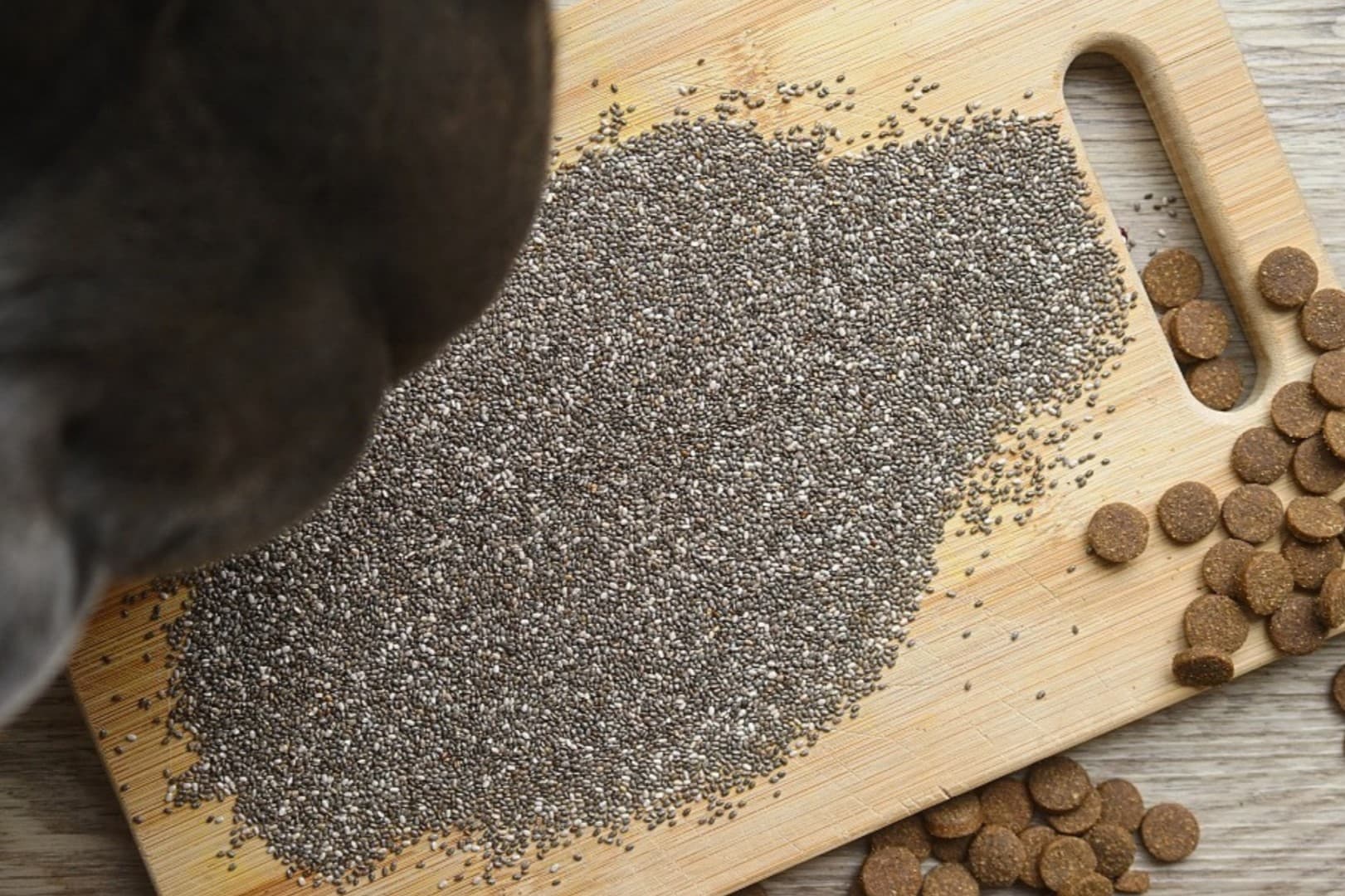
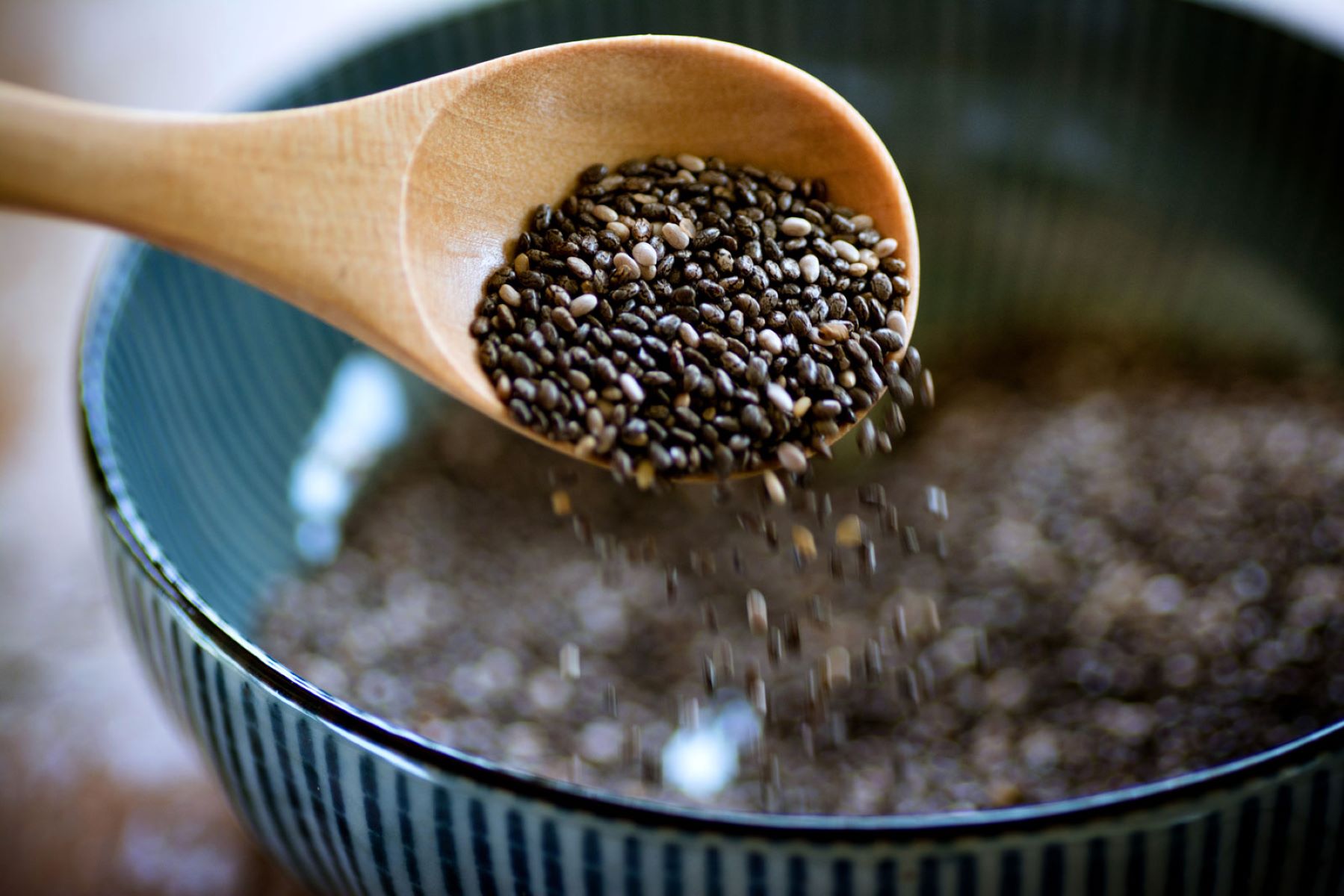
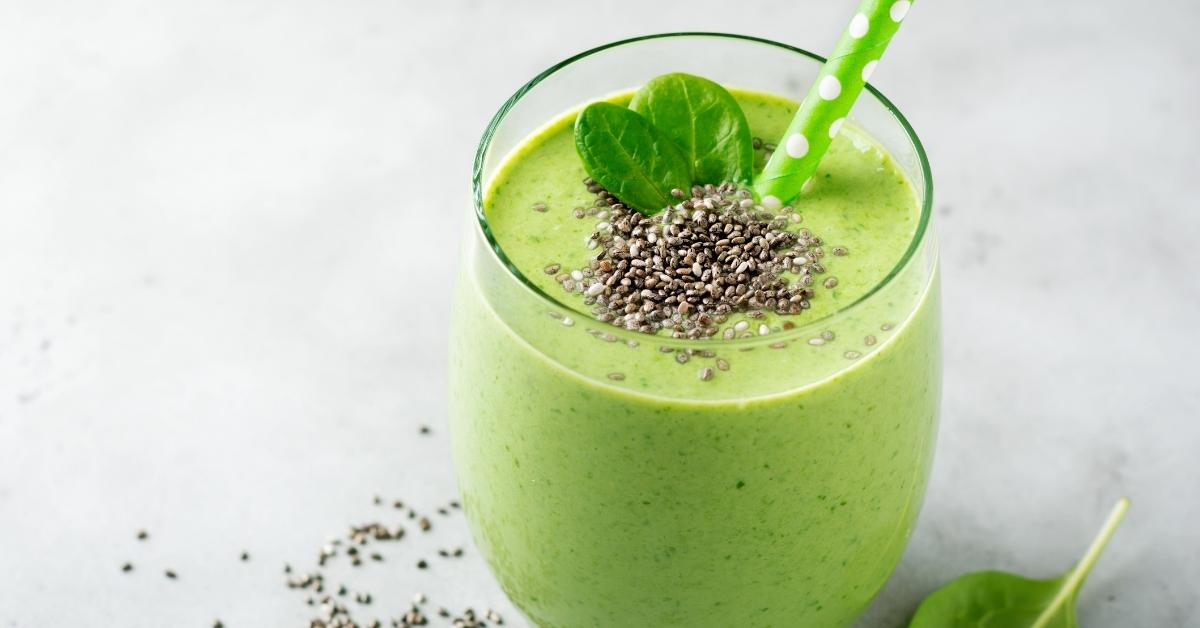
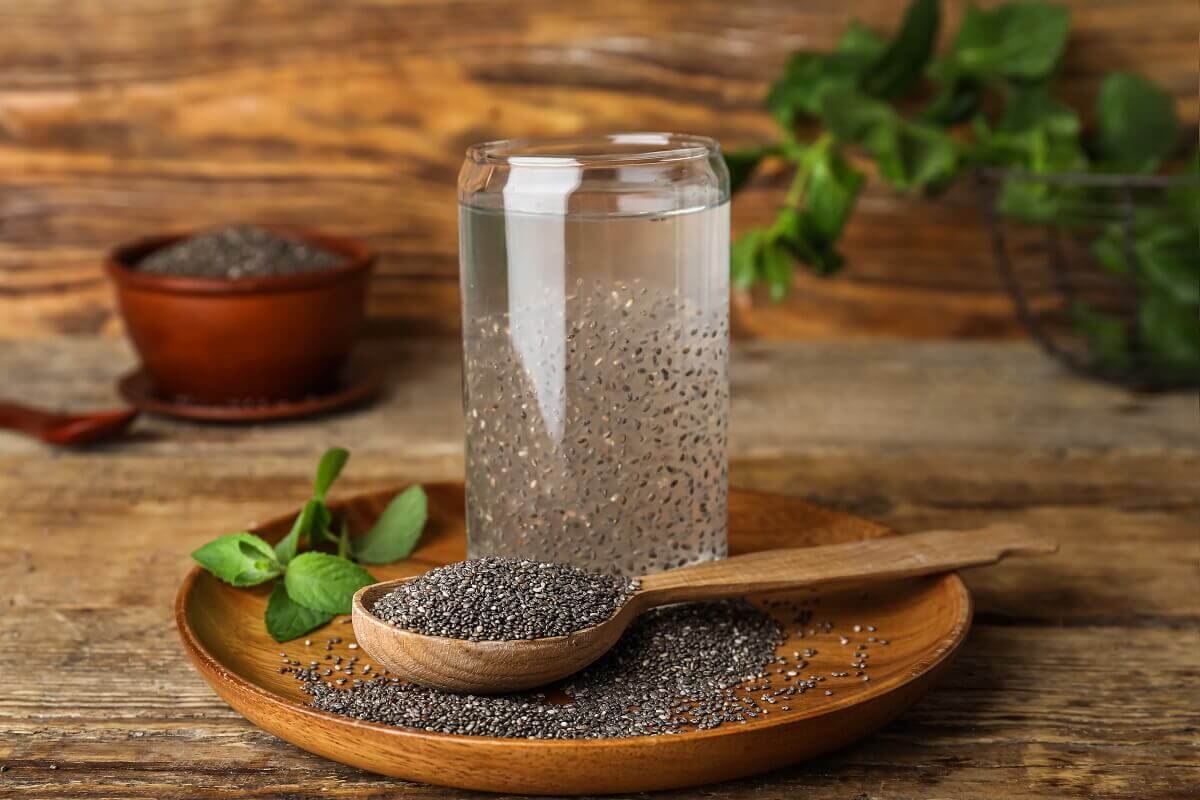
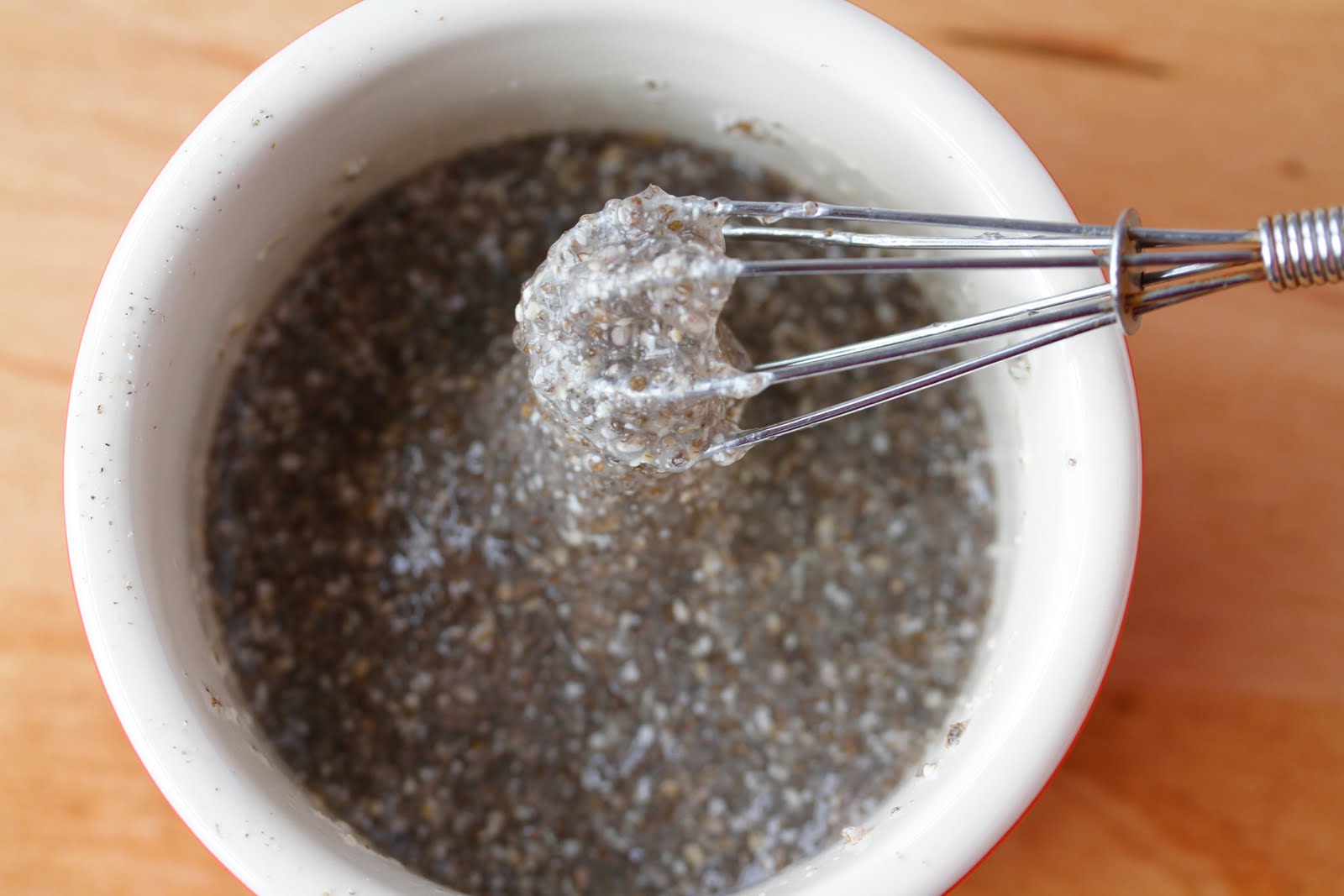
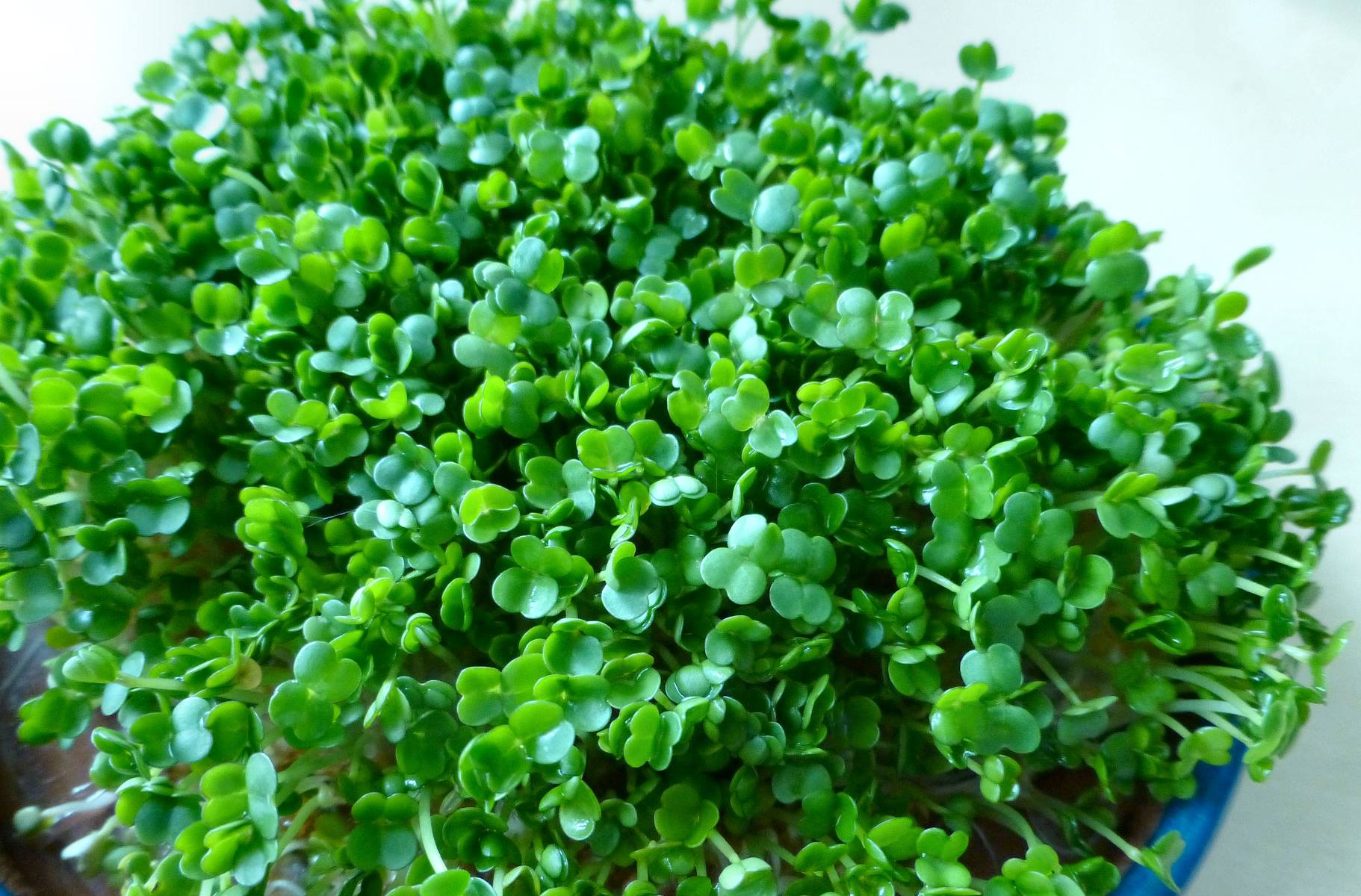
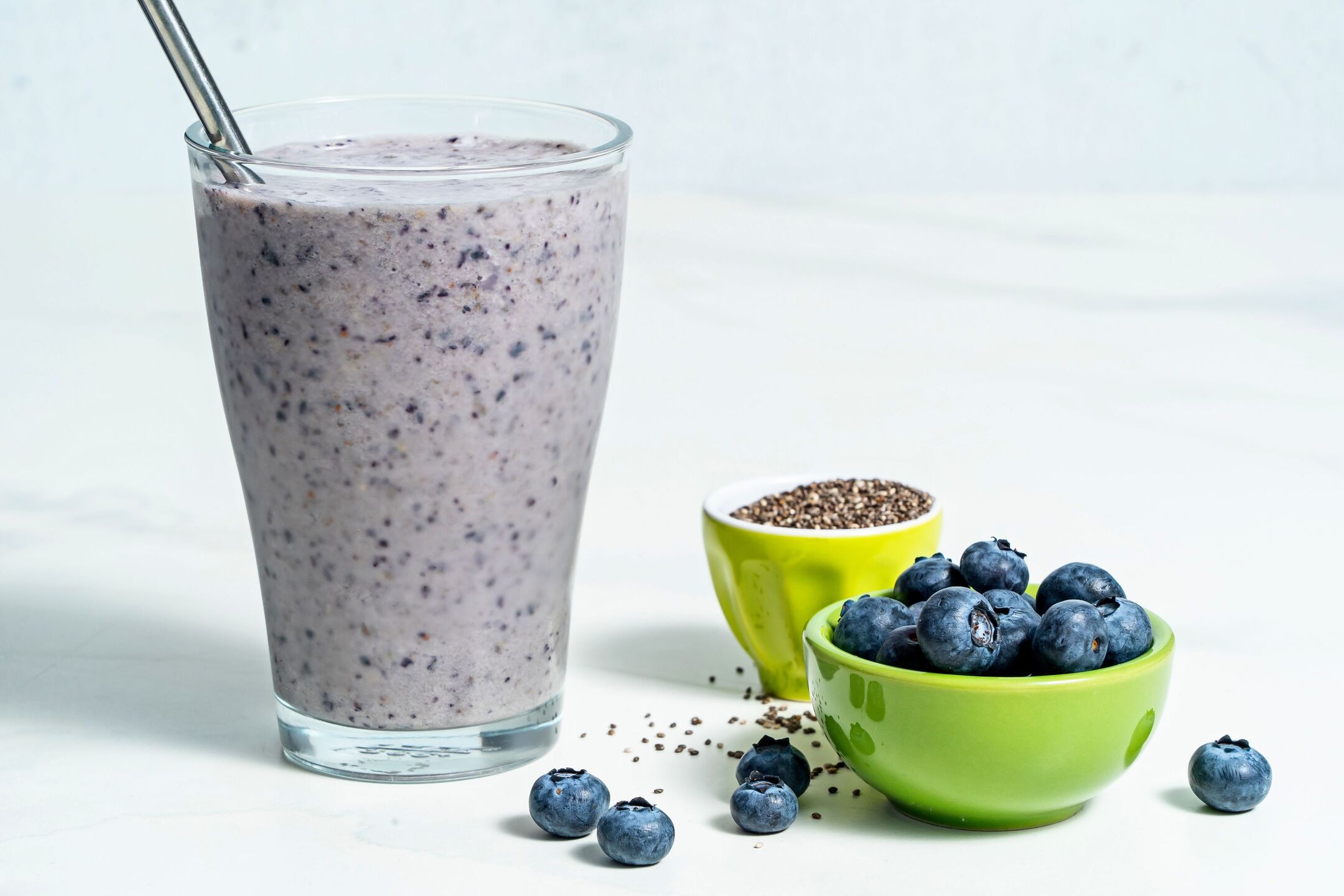
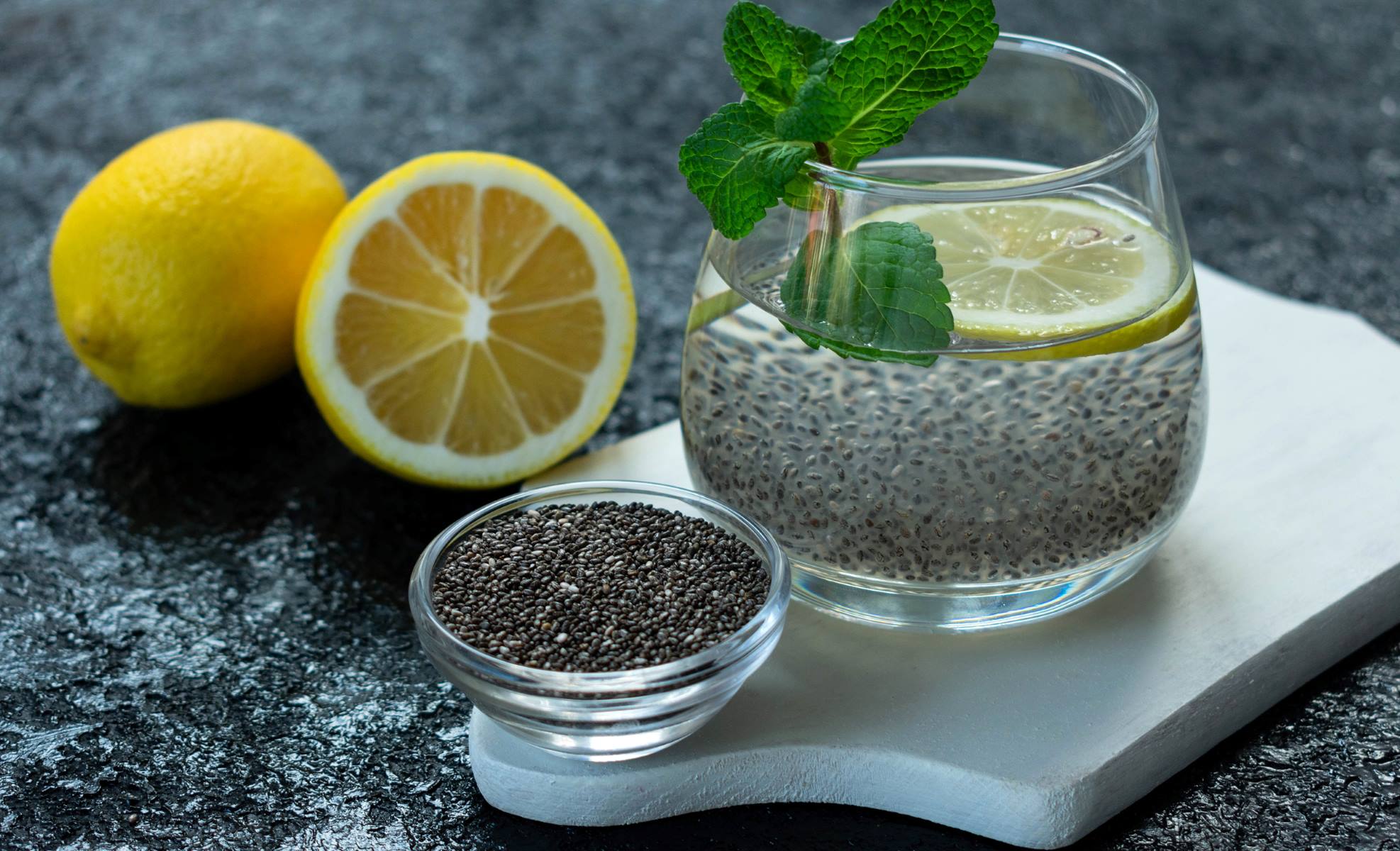
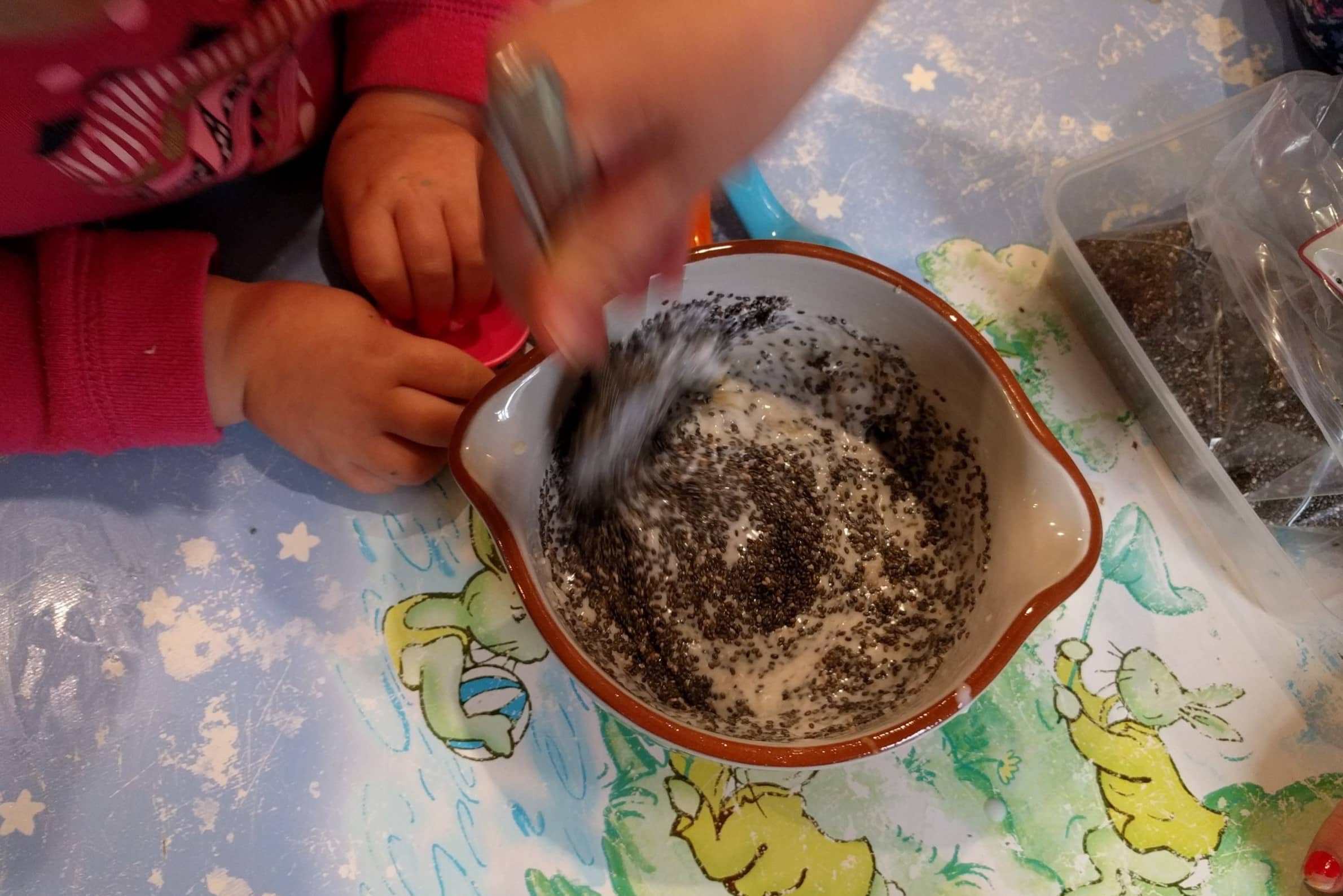

0 thoughts on “How Chia Seeds Help Weight Loss”